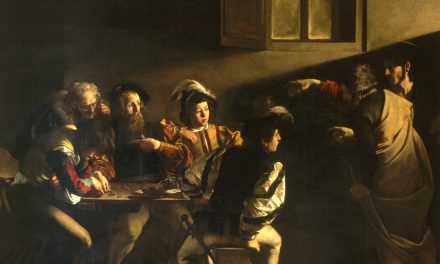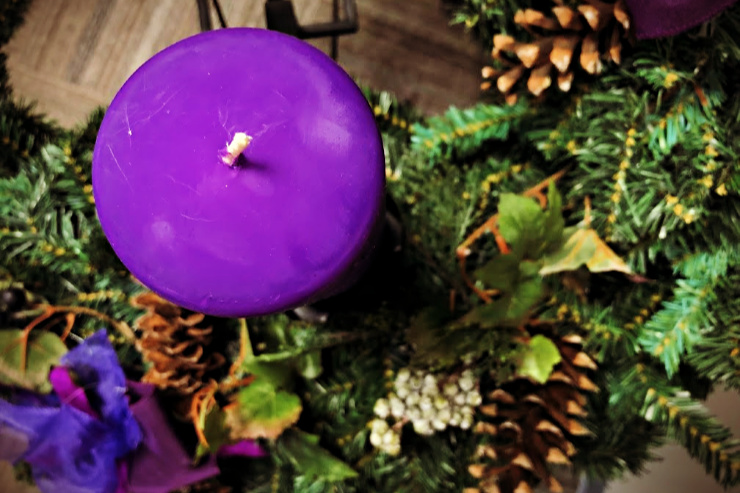
Photo by Ryan Hutton on Unsplash
“This concludes our day in peace, regardless of what has come at us throughout the day.”
The Responsorial Psalm at Mass is generally overlooked when we consider the words of Scripture in the liturgy. It’s easy to speak about “three Scripture readings at Mass,” when there are actually four. While the Psalms are songs, intended to be sung, it’s too easy to see them as a musical interlude at Mass. We shouldn’t skim over the words of the Psalms simply because they may seem to be performed more than prayed.
This Sunday, the words of the Responsorial Psalm are comfortingly familiar to those who pray the Office, or Liturgy of the Hours. It is a slightly different translation, but Psalm 4 is prayed every Saturday as part of Compline, or Night Prayer.
The Divine Office is the prayer of the entire Church. It is a series of psalms, prayers, antiphons, and canticles prayed at particular times of the day. The Catechism says that the mystery of Christ “permeates and transfigures the time of each day” through this prayer of the Church (CCC 1174). Similar to the readings and prayers of the Mass, the entire Church throughout the world is praying the same psalms and prayers each day, uniting the Body of Christ in this liturgical act.
The Second Vatican Council taught that the Divine Office “is truly the voice of the Bride herself addressed to her Bridegroom. It is the very prayer which Christ himself together with his Body addresses to the Father” (SC 84).
Clergy and religious are required to pray the Liturgy of the Hours. But the Church encourages laity to pray the Office as well. This practice can help us structure our prayer life and find routine and rhythm in our conversation with God. We unite our prayers with the prayers of the universal Church.
With any new habit, I always advise people to start small. If you aren’t accustomed to praying the hours, I suggest starting by praying Compline, or Night Prayer. While Morning and Evening Prayer goes through a four-week cycle that can be a bit confusing for beginners, Compline usually follows the same pattern each week. With the exception of solemnities, Monday Night Prayer is always Monday Night prayer, etc.
In addition, incorporating Compline into one’s schedule might be easier than the other hours. It is slightly shorter than Morning and Evening Prayer. It can provide focus the end of our day. The Psalms and canticle of Compline give thanks to the Lord for the blessings of the day and express trust in the goodness and protection of the Lord. This concludes our day in peace, regardless of what has come at us throughout the day.
At times when our own words might fail us, the prayers of the Divine Office can give voice to our own longing, pain, and deep questions. They can also provide for us the words of praise and trust in the Lord when we find it difficult to raise our voices in acclaim. Allow the Psalms and the Divine Office to transform your fears into trust, your cries of distress into praise, and your uncertainty into confidence in the Lord.
In the words of the Responsorial Psalm this Sunday,
“When I call, answer me, O my just God,
you who relieve me when I am in distress;
have pity on me, and hear my prayer!
…As soon as I lie down, I fall peacefully asleep,
for you alone, O LORD,
bring security to my dwelling.”
Please help spread the Gospel! Share this article on Facebook and other social media.

Please help us continue our mission!
We welcome both one-time and monthly donations. A monthly subscriber giving just $10 a month will help cover the cost of operating Integrated Catholic Life for one day! Please help us bring enriching and inspiring Catholic content to readers around the world by giving today.
Thank you and may God Bless you for supporting the work of Integrated Catholic Life! Integrated Catholic Life Inc is a nonprofit public charity under Internal Revenue Code Section 501(c)(3). These contributions are tax-deductible as provided under U.S. tax laws.














